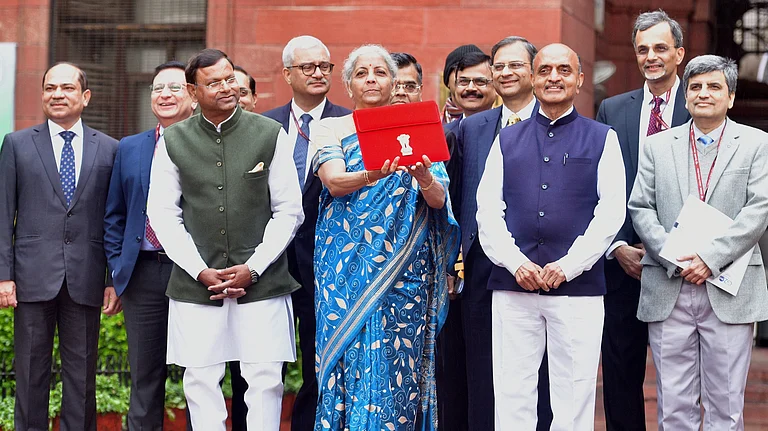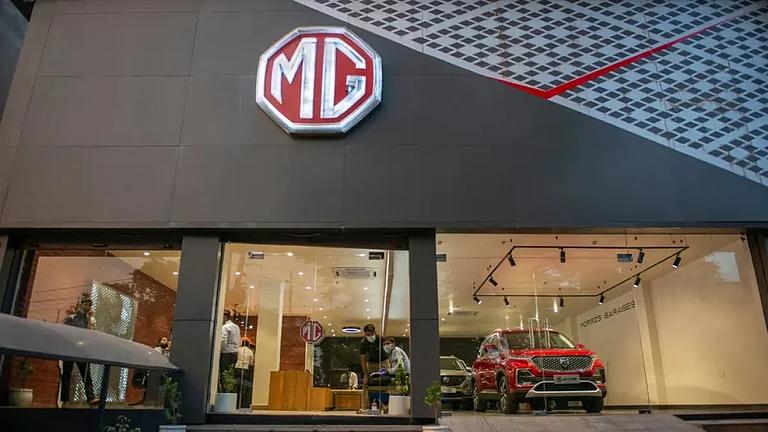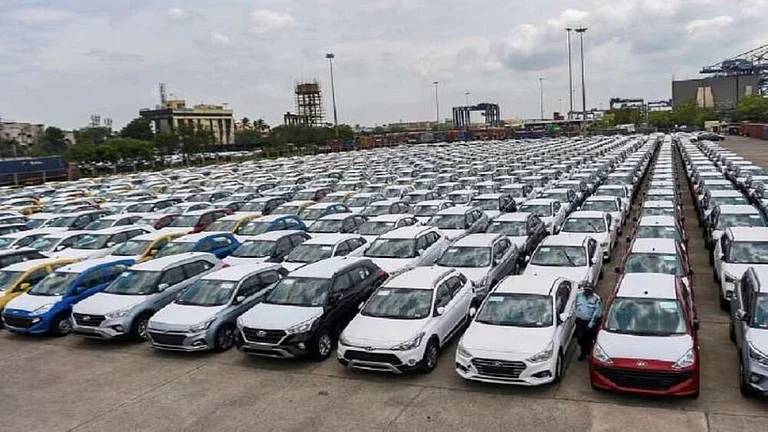Sajjan Jindal-owned JSW Group is eyeing to enter the electric cars and e-trucks segment under its brand name in a partnership with Chinese giants like Geely and BYD. The paint-to-steel conglomerate is currently holding talks with potential Chinese partners regarding technology transfer or licensing agreements for the setting up of a complete mobility company, the Economic Times reported, citing sources. The group is likely to roll out its final plans, including the nature and segments of the partnership in 2025.
The business initiative will be launched under two platforms, two each for electric cars and commercial vehicles, and is likely to be part of the conglomerate’s new division, JSW Green Mobility, launched in 2023.
JSW’s Major Moves to Boost EV Manufacturing
If the group finalises collaboration with the Chinese giants, it will be another major move by the paint-to-steel conglomerate to expand its green transportation portfolio. The group already has a joint venture worth $1.5 billion with China’s SAIC Motor to manufacture and sell MG electric vehicles (EVs), with its central focus being the ‘Make in India’ initiative.
“Our idea is not to be an outpost of a Chinese company to sell products in India. We want to manufacture the products in India, value-add in India, and sell in India,” said Sajjan Jindal in an interview with the Financial Times.
Earlier in October this year, JSW Green Mobility bagged 636 acres of land in the Bidkin node of Aurangabad Industrial City (AURIC) by the Maharashtra Industrial Township for the production of electric cars. The company is set to make an investment worth Rs 27,200 crore and generate around 20,000 jobs.
JSW’s rapid spreading of wings in the EV market is bound to face competition from already existing players in the segment like Tata Motors, Mahindra and Hyundai. Tata Motors, which is currently leading the Indian passenger EV market, is already taking big strides to continue holding its position. Moreover, while the overall EV market witnessed a slowdown in sales, Tata Motors recorded a 48 per cent growth in FY24 compared to FY23.
































